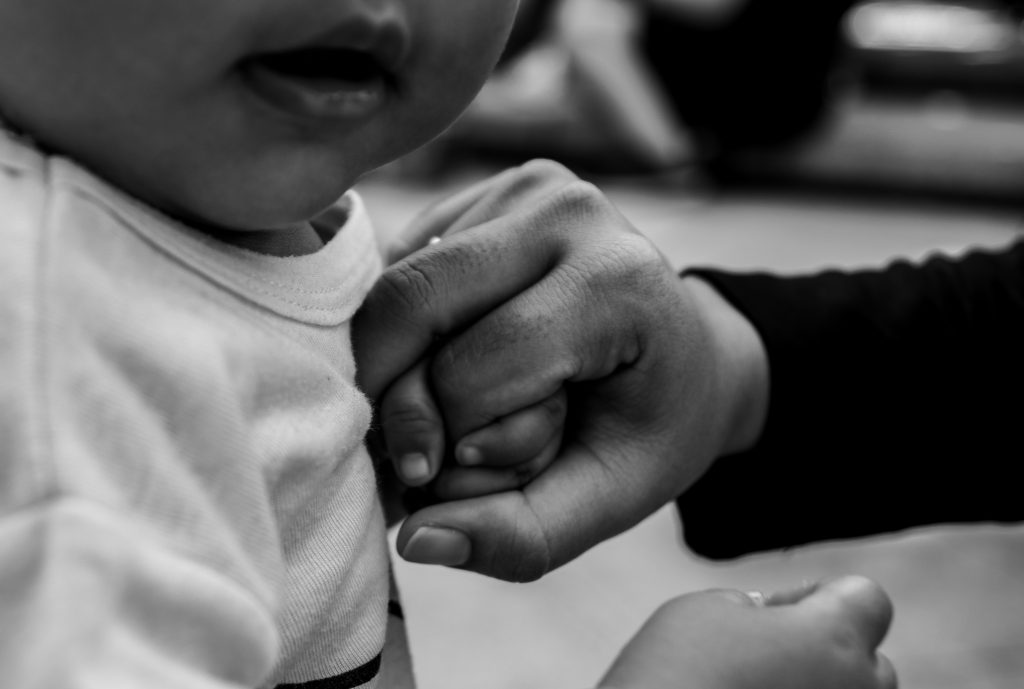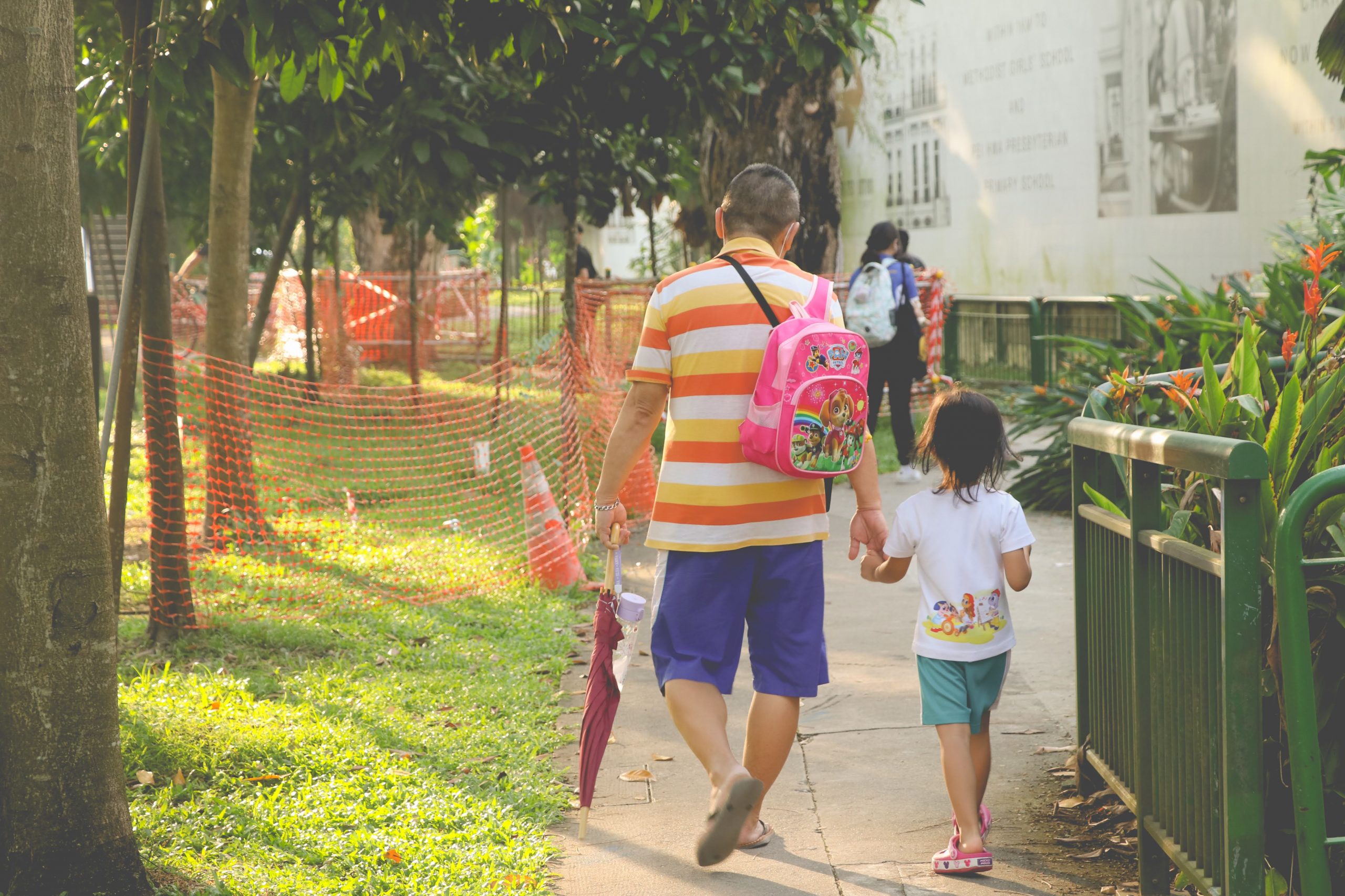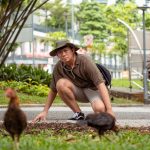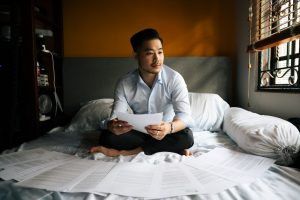Top Image: Helen Huang/RICE File Photo
On Monday, 9 May 2022, Singapore’s Parliament completed the three readings of the Adoption of Children Act 2022.
According to the Ministry of Social and Family Development, an average of 400 adoption applications are submitted every year, with over 90% of these applications being successful. Adoption is an important social institution that breaks the cycle of neglect and abuse. It also finds good homes for children without one.
ADVERTISEMENT
The family unit is an equally important social institution in Singapore. Indeed, the state looks to the nuclear family as someone’s immediate support network and formulates social policies around it. Singapore’s social policies ossify the importance of the nuclear family while relegating other types of families to the margins.
Statutory laws that currently govern and regulate the adoption process in Singapore first came into effect in 1939. Despite several revisions and amendments to the 1939 Act, the bill simply cannot keep up with Singapore’s increasingly complex adoption landscape.
Enter: the ‘Adoption of Children Act 2022’—a modern version of its predecessor with tighter guidelines and policy that aims to tighten the eligibility criteria for adoption.
However, even policies with noble imperatives prioritising children’s welfare can be tainted by the overreaching arms of the need to reflect the prevailing public morality. Trying to break the cycle of neglect and abuse simultaneously perpetuates discrimination against would-be foster parents in Singapore.
The Spectre of Section 377A
Throughout his opening speech, Social and Family Development Minister Mr Masagos does not shy away from explaining what the 2022 bill supports and what it attempts to discourage. A careful distinction between supporting individuals who want to be parents and finding good homes for children, which Mr Masagos sets up at the beginning of his speech, later pays-off in the disappointing but unsurprising conclusion that same-sex couples in Singapore are still disqualified from adopting children.
“This is because Singapore’s marriage law only allows a man and a woman to marry each other,” Mr Masagos explains. Current adoption laws do not support the formation of same-sex family couples.
A few months earlier, in February 2022, Singapore’s Court of Appeal dismissed challenges to Section 377A. The Chief Justice explained that Section 377A was kept because society was not ready to accommodate differing views on homosexuality. However, assurances were made that Section 377A is an unenforceable offence.
While ostensibly unenforceable, the new bill’s eligibility criteria is how criminalising same-sex relations still manifests itself in other ways. As long as Section 377A remains, its constitutional and legal implications continue to haunt the local LGBTQ+ community.
Perpetuating Discrimination
The consequences of leaving Section 377A intact were foreseen a mile away. In a public response to the Court of Appeal’s judgement to retain Section 377A, Pink Dot SG said that “The acknowledgement that Section 377A is unenforceable only in the prosecutorial sense is cold comfort. Section 377A’s real impact lies in how it perpetuates discrimination across every aspect of life: at home, in schools, in the workplace, in our media, and even access to vital services like healthcare.”
Unlike the careful distinction in Mr Masagos’ opening speech, Section 377A blurs the lines between reflecting public morality and reinforcing it. The statute continues to define the difference between conventional and unconventional family units. This affects what society thinks a ‘normal’ family unit should look like.
Back in parliament, Mr Masagos further clarifies the types of individuals eligible to adopt under the new Adoption Act. “In this regard, I would like to reiterate the Government’s statements in Parliament in January and October 2019 that as a matter of public policy, we do not encourage planned and deliberate single parenthood as a lifestyle choice,” alluding to other types of parenthoods that the new act would not support.
Exclusionary rhetoric also perpetuates discrimination against single-parent households. These households are seen as products of their unfortunate circumstances, or symbols of declining public morality. On top of the challenges of building a ‘normal’ household, single parents face the additional challenge of resisting societal stigmatisation.
Prioritising parenthood within marriage simultaneously supports the nuclear family while excluding other family units that could also provide good homes; another instance of casting unconventional family arrangements aside.
Messages from the Debate
This binary between supporting parenthood and finding children good homes, unfortunately, harms the children that the act was originally intended to help.
According to studies done overseas, children raised by same-sex parents fared equally well as children raised by heterosexual couples. No data could be found on the effects of same-sex couples on children’s development in Singapore.
The overall message of the debate seemed to contravene the findings of these studies by suggesting that some types of parents were better than others.
ADVERTISEMENT
This need to reflect public morality reduces the number of couples willing and able to adopt children in Singapore. If such a need feels so justified in denying children relatively better homes simply on the basis of sexual orientation, then can we really rely on it as a principle to make decisions concerning children’s welfare?

A Way Out?
The 2022 Act needs to adjust its calculus between reflecting the views of society and prioritising children’s welfare.
The new adoption act disqualifies same-sex couples and some individuals from adopting children in Singapore. They are left on their own to navigate the often confusing world of legal jargon just to adopt a child. While the bill tries to make clear its stance from the get-go, the distinction between supporting parenthood and finding good homes for children is less so.
Policies aligned with the supposed compromise between the unenforceability of Section 377A and the need to reflect society’s views serve children’s welfare better. An example of such a policy would be joint guardianship for same-sex couples in Singapore.
Ironically, the modernisation of the old adoption act relies on the relic that is Section 377A—a statute that was passed into law around the same time as the original bill. To truly prioritise children’s welfare, we should send children to good homes regardless of the parents’ sexual orientation.
Perhaps, the more pertinent question is whether we are willing to sacrifice progress towards being a truly inclusive and equitable society in the future partly because of the arbitrary definitions we’ve chosen for ourselves in the present moment.
[Editor’s Note: Edits have been made to this piece to reflect the accuracy of current government policies pertaining to the formation of same-sex families through processes such as adoption]







